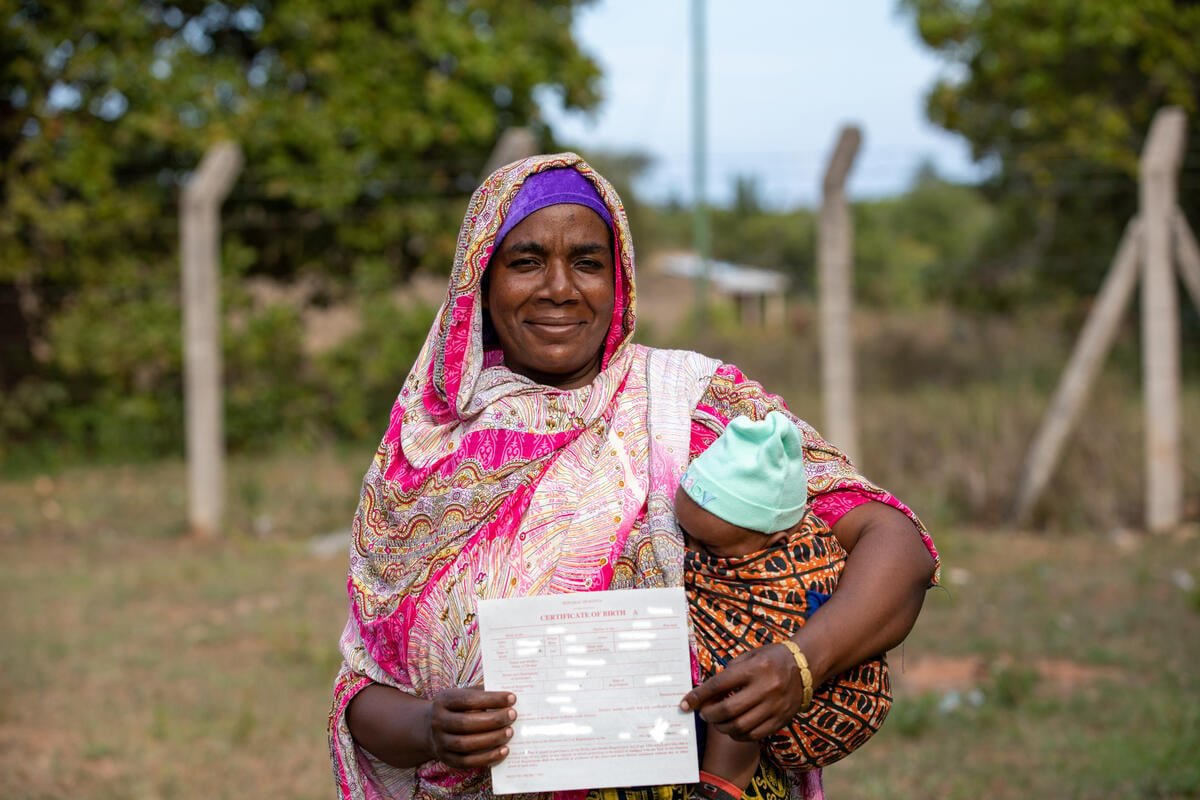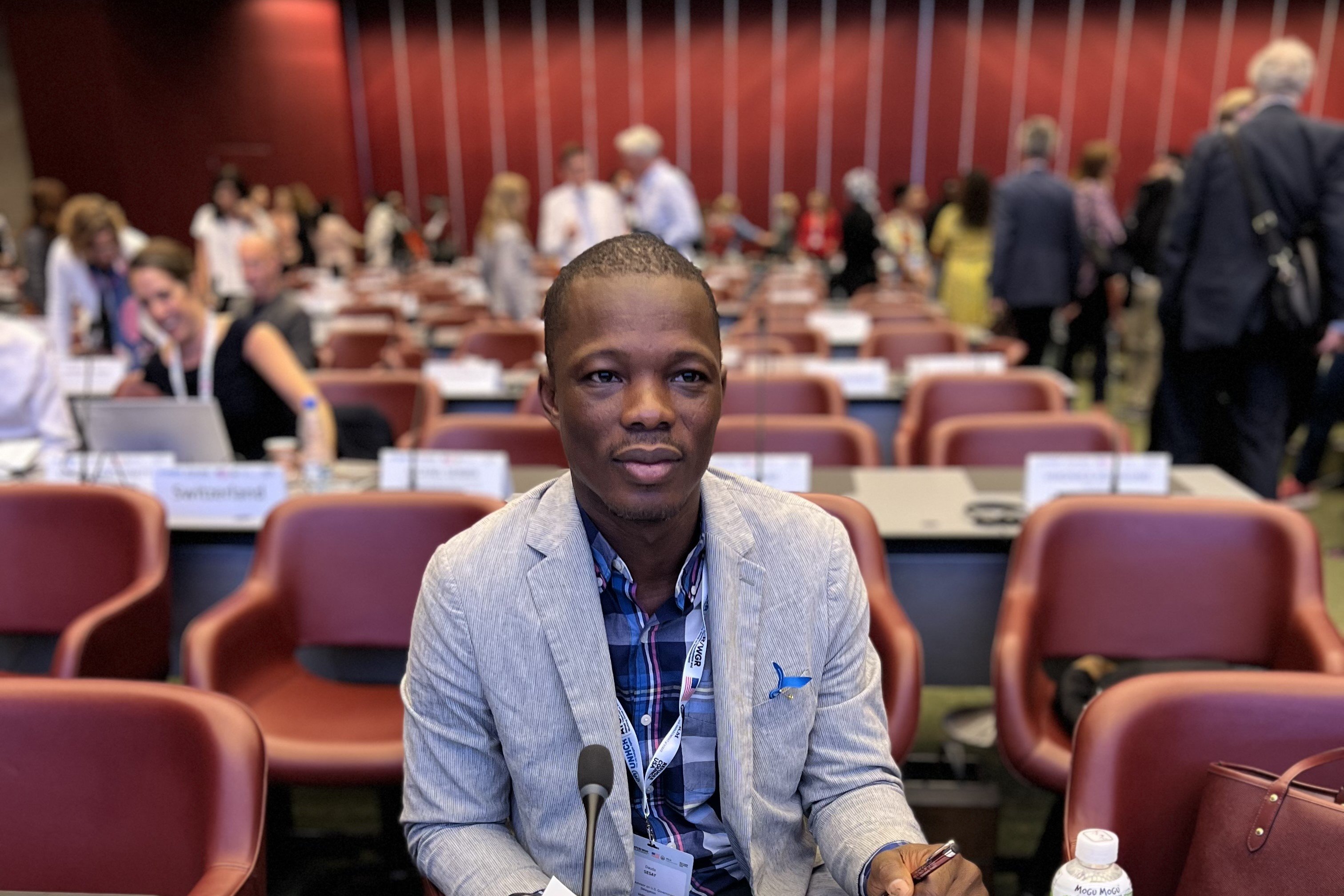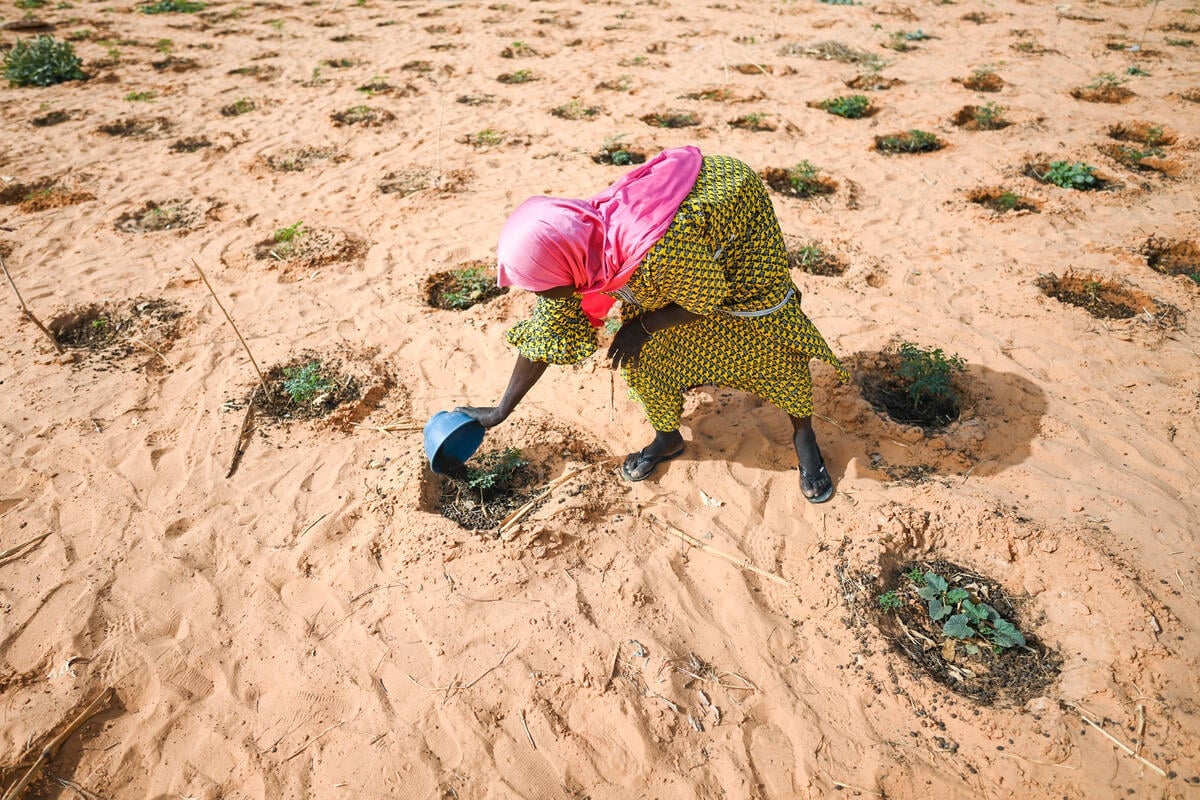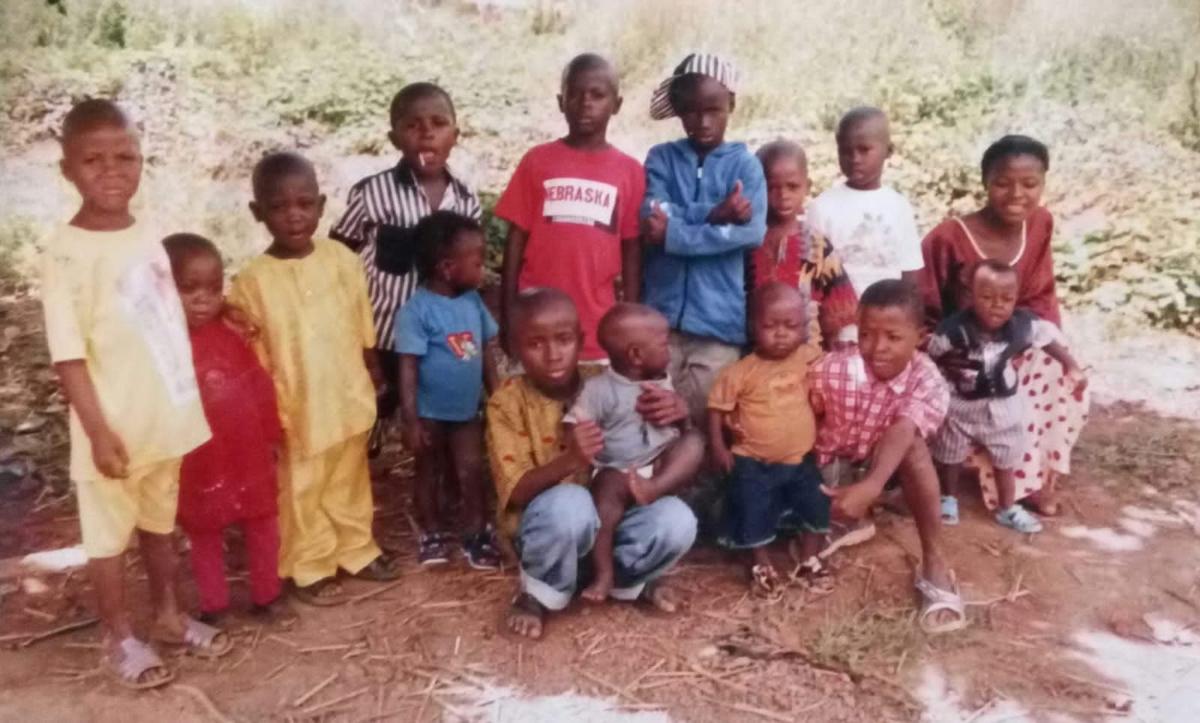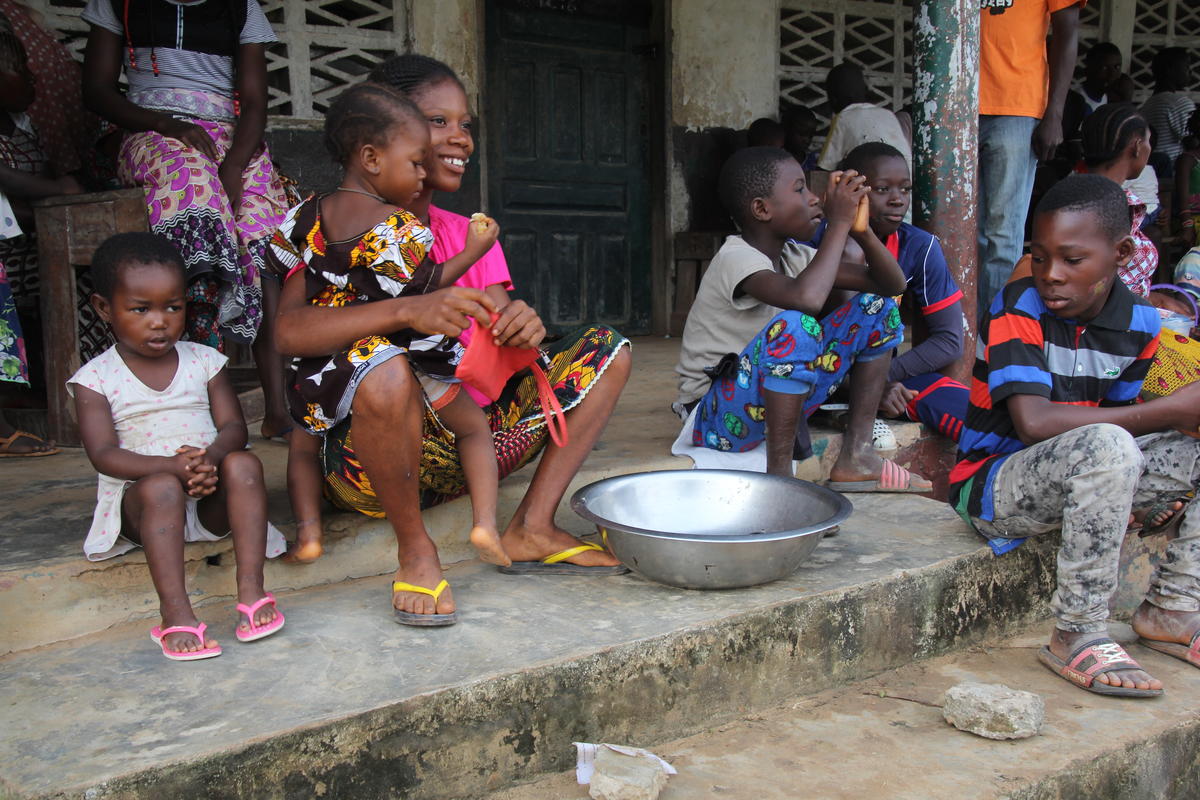Sierra Leone: UNHCR preparing for returns from Guinea
Sierra Leone: UNHCR preparing for returns from Guinea
UNHCR is preparing to help some 7,500 Sierra Leoneans, former refugees in Guinea, return to their homes in the Kambia district of north-west Sierra Leone. The move is scheduled to start in early December. It will mark the first time that returnees are actually assisted by UNHCR in returning to their original homes since the beginning of the civil conflict in Sierra Leone more than ten years ago. On Monday, the Sierra Leonean government declared the last chiefdom of Kambia district "safe." This followed the completion of the demobilisation process, the deployment of the Sierra Leone army, the presence of military observers and the restoration of state structures and authorities in the district. The returnees to be assisted by UNHCR actually returned from Forécariah, Guinea, to Sierra Leone at the end of last year. However, they were unable to go to their homes in Kambia and have been cared for under temporary settlement programmes supported by UNHCR in communities in the Lungi area, north of Freetown. UNHCR and its partners have been doing rehabilitation work in Kambia since mid-September. We will continue assisting returnees in their areas of return through a variety of community-based projects, including health clinics, schools, water and sanitation, market places and support to local administration. In addition, returnees will benefit from the distribution of tools and seeds and support through micro-credit schemes to help them get re-established.
Within a few months, it is expected that similar community-based projects could begin in Sierra Leone's eastern districts, among the most devastated by the war.
Several fact-finding missions have taken place in the past few weeks in the war-ravaged Kono district of eastern Sierra Leone. Healthcare, education and services for children, and the entire physical and social infrastructure of the district have been devastated. Koidu, the district capital, suffered severe damage. Life at the village level has also been seriously affected. UNHCR is currently supporting the NGO, World Vision, to re-establish basic health care services in Kono and to rehabilitate water systems. Future projects with a variety of NGOs will cover medical, water, sanitation, health and education sectors.
Despite the heavy destruction, the Kono Returnee Committee reports that several tens of thousands of returnees have settled back in the district over the past year. This includes more than 20,000 returnees in Koidu town alone. Insecurity in Guinea and improved prospects for peace in Sierra Leone were cited as the main reasons for return. UNHCR is in the process of establishing a presence in Koidu. The most critical issue for returnees in Kono is the lack of shelter. Many homes have been destroyed and those remaining are often occupied by others. According to surveys done in camps in Guinea earlier this year, about 35 percent of Sierra Leonean refugees said they were from the Kono area. About 65 percent of all Sierra Leonean refugees in Guinea and Liberia are from Kono and neighbouring Kailahun districts in the east.
Kailahun district has also received a large number of returnees from Guinea and Liberia. Many have escaped fighting in Liberia's Upper Lofa County and insecurity in Guinea at the beginning of the year. In the border area with Liberia, several thousand Liberian refugees have settled since February 2001 as a result of the upsurge of the fighting in Lofa. UNHCR has started the voluntary relocation of Liberians to camps in the interior of Sierra Leone. This operation has been hampered by the fragile security situation and by the poor infrastructure in Sierra Leone. So far, about 2,700 Liberians have been relocated away from the border.


